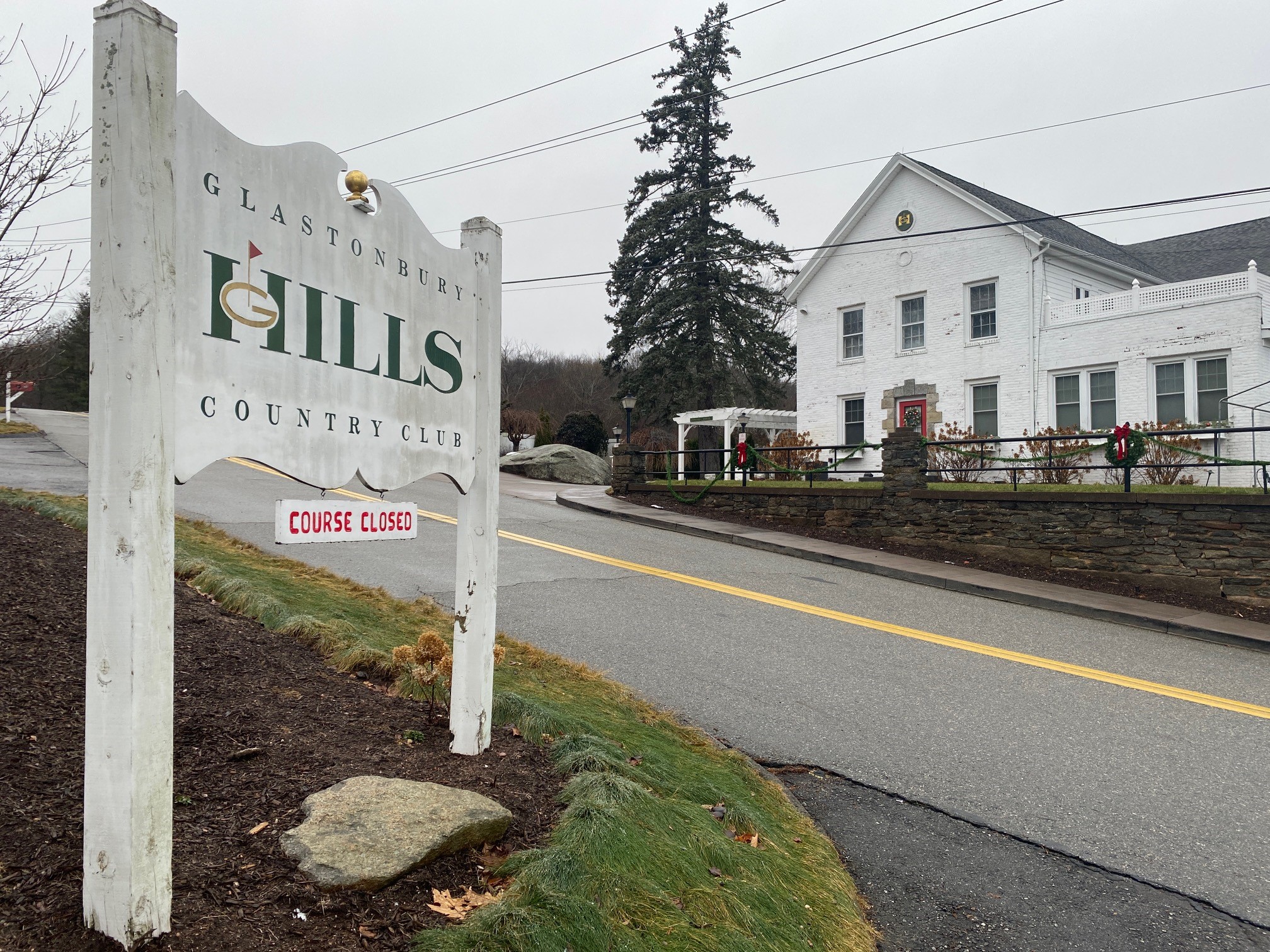As Connecticut lawmakers convene at the Capitol for a special session vote on recreational cannabis, a Yale University study nearly 40 miles away on marijuana addiction continues to turn heads along the highway.
“We are seeing that approximately three out of 10 people are developing a cannabis use disorder,” Yale University Professor of Psychiatry Cyril Desouza said.
Desouza has been studying cannabis and cannabinoids for the past 25 years. His latest study now more than two years in addresses what he says most of us don’t realize.
“People thought that you know you smoke weed everyday and you quit and nothing’s going to happen. We now know that there is cannabis withdrawal syndrome,” Desouza said.
Get top local stories in Connecticut delivered to you every morning. >Sign up for NBC Connecticut's News Headlines newsletter.
Desouza says cannabis addiction is defined as use that is out of control either in terms of spending money or time getting high or recovering from getting high. Withdrawal symptoms include disturbances in sleep and appetite.
“We don’t have any proven treatments for cannabis addiction,” Desouza said.
Desouza’s study is now testing one drug’s ability to block withdrawal symptoms. The paid participants will take the medication for eight weeks and wear what’s called an actigraph to measure their sleep. He says the drug has already proven promising results.
Local
“In those who got the active drug there was a restoration of their stage three sleep to a great extent,” Desouza said.
Desouza says cannabis from the 1960s had an average of about 3% to 4% percent THC but street cannabis now has about 17% and certain forms of cannabis like gummy bears and candy could have up to 80% or 90% THC. All the more reason he says marijuana addiction is becoming more common.
“As these products get more and more potent one would expect the withdrawal symptoms to get more and more troublesome,” Desouza said.
Desouza says even after decades of research, his conclusion on what he calls far-reaching implications for adolescents remains the same.
“We have concerns about potential contributions of cannabis to the development of serious mental illness like schizophrenia and bipolar disorder,” Desouza said.
Desouza says his studies also show adolescents and young adults under the influence of cannabis have difficulty with learning, memory and attention.
“One thing that I tried to remind our legislators over and over again is that we know that brain development is only completed by age 25 or 26,” Desouza said.
Connecticut’s proposed cannabis legislation would apply to those 21 and older. Desouza says if passed, the state should create surveillance programs to find out the number of how many youth are using cannabis where’re they’re getting it from.
“What they’ve found consistently over the last two years is kids perceive cannabis to be less harmful than tobacco,” Desouza said.
Desouza says other states that have passed recreational cannabis legislation have seen more use in adolescents, a trickle-down effect he says state leaders need to pay close attention to.
“I think the implications are huge especially for young people,” Desouza said.
Desouza says surveillance programs could include testing wastewater at all of Connecticut’s schools that way no student is targeted but will give them a better idea about cannabis use in Connecticut’s youth.
The current ongoing marijuana addiction study is still looking for more participants, the time commitment is 12 weeks and participants will be paid $1,340. The study is expected to be completed in February of 2022.
Those interested can call 203-900-4093.



